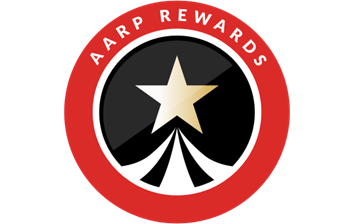AARP Money Map offers an opportunity to organize your day-to-day finances while creating clear plans of action for various financial challenges. From your dashboard, you can get assistance with unplanned expenses, debt management, build a budget and access a financial goal tracker, so you can map an action plan to your financial goals such as reducing expenses, paying off credit cards, or saving for a rainy day.
AARP Money Map is completely free and getting started is simple. Start by going to moneymap.aarp.org. When you access the tool, select what you would like to get help on. You get even more value by creating an AARP login; so, you can check your progress on your goals!
Unplanned Expenses helps you plan for that unexpected bill, find the right people who could provide assistance such as credit counselors and non-profit organizations, and compare your options for resources such as funding, free aid, and grants, if applicable.
Debt Manager will provide you with a plan customized to your income, debt, and expenses, with actions you can take to eliminate your debt in the smartest way possible. We will also show you what you are saving by sticking to the plan, and you can view progress to see how long it will take to eliminate your debt, and the money you are saving by doing so.
The Financial Goals Tracker lets you set goals and provides activities to help you achieve those goals, such as getting on a budget, tracking your spending, and creating a savings account, all depending on what you are hoping to achieve.
Budget Builder allows you to select the expenses that you want to budget for today, shows where you spend your hard-earned money, and compares those expenses to your income. By using Budget Builder to proactively set your spending priorities and identify opportunities to reduce spending, you’ll be able to free up funds to put towards reducing your debt, saving for the future, or another financial goal.
The more you leverage the AARP Money Map, the better it can help your journey on the road to financial freedom.



































































